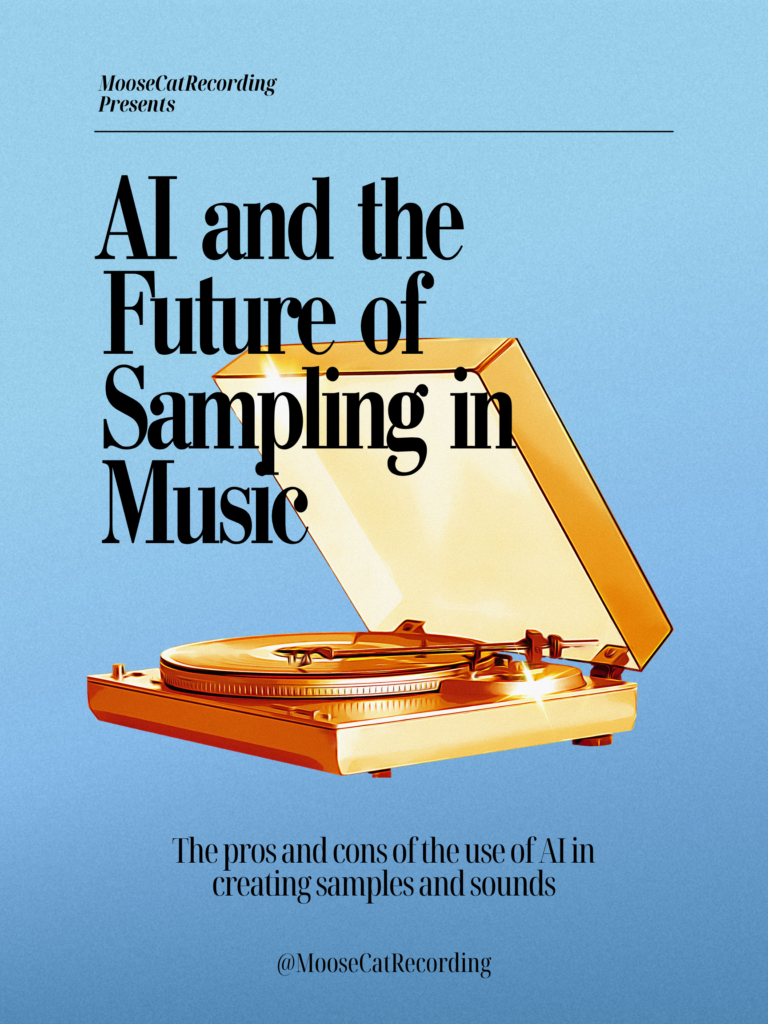AI and the Future of Sampling in Music

AI and the Future of Sampling in Music
Sampling has long been a cornerstone of music production, allowing artists to incorporate and reimagine existing sounds in new and innovative ways. With the advent of artificial intelligence (AI), the future of sampling is set to undergo a transformative shift. This article explores how AI is reshaping the art of sampling and what it means for musicians and producers.
AI-Driven Sampling Innovations
AI-powered tools are revolutionizing sampling by offering unprecedented capabilities:
- Automated Sample Extraction: AI algorithms can analyze and extract individual elements from complex audio tracks, such as vocals, drums, or instruments, with remarkable accuracy. This enables producers to isolate and manipulate specific sounds more easily.
- Creative Sample Generation: AI can generate entirely new samples based on user inputs or existing sound libraries. Tools like OpenAI’s MuseNet and Google’s Magenta create original musical elements, providing producers with fresh inspiration and creative possibilities.
- Intelligent Music Recommendation: AI can recommend samples that match the mood, genre, or style of a track, streamlining the search process and enhancing creative workflows.
- Enhanced Audio Manipulation: AI tools can transform samples in innovative ways, such as changing pitch, and tempo, or adding effects, allowing for more nuanced and complex soundscapes.
Implications for Musicians and Producers
The integration of AI into sampling brings several benefits:
- Increased Efficiency: Automated processes speed up sampling and manipulation, freeing up more time for creativity.
- Broader Creative Horizons: AI-generated samples and intelligent recommendations expand the range of sonic possibilities, encouraging experimentation and new styles.
- Accessibility: AI tools lower the barrier to entry for less experienced producers, offering sophisticated sampling capabilities without extensive technical knowledge.
However, AI also raises important considerations:
- Copyright Concerns: The use of AI-generated samples may blur the lines of copyright and originality, leading to debates about ownership and fair use.
- Quality vs. Authenticity: While AI can produce high-quality samples, some argue that it may lack the unique character and authenticity of human-created sounds.
Conclusion
AI is set to revolutionize the future of sampling by offering new tools and possibilities for music creation. From automated sample extraction to intelligent recommendations and creative generation, AI enhances efficiency and broadens creative horizons for musicians and producers. As the technology evolves, it will be crucial to address copyright issues and balance innovation with authenticity, ensuring that AI enriches rather than replaces the artistry of sampling.
